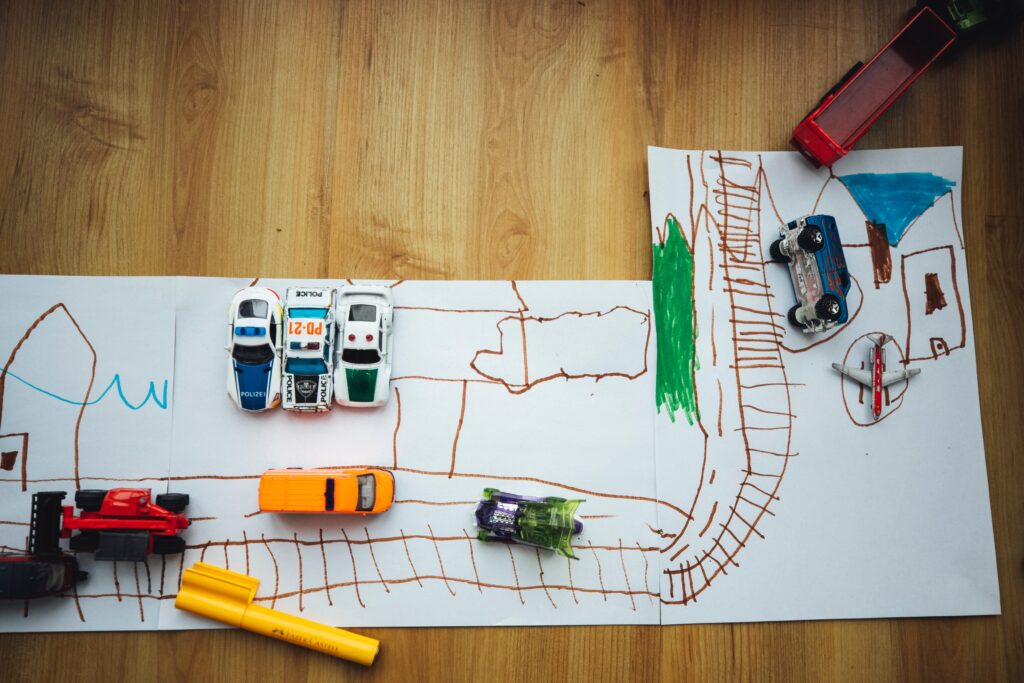There is a working theory, supported by recent research, that the more adverse experiences someone had during their childhood, the greater their risk to health problems later in life. Your ACE score is a tally of a variety of adverse childhood experiences. In theory, the higher your score the greater the risk. The ACE score does not account for other influences on health like genetics, diet, or exercise. The test also only focuses on negative aspects of childhood and does not account for positive experiences which may counter adverse experiences.

Your ACE Score
Prior to your 18th birthday: (1 point for each time you answer yes).
- Did a parent or other adult in the household often or very often: Swear at you, insult you, put you down, or humiliate you? Or Act in a way that made you afraid that you might be physically hurt?
- Did a parent or other adult in the household often or very often: Push, grab, slap, or throw something at you? Or Ever hit you so hard that you had marks or were injured?
- Did an adult or person at least 5 years older than you ever: Touch or fondle you or have you touch their body in a sexual way? Or Attempt or actually have oral, anal, or vaginal intercourse with you?
- Did you often or very often feel that: No one in your family loved you or thought you were important or special? Or Your family didn’t look out for each other, feel close to each other, or support each other?
- Did you often or very often feel that: You didn’t have enough to eat, had to wear dirty clothes, and had no one to protect you? Or Your parents were too drunk or high to take care of you or take you to the doctor if you needed it?
- Were your parents ever separated or divorced?
- Was your mother or stepmother: Often or very often pushed, grabbed, slapped, or had something thrown at her? Or Sometimes, often, or very often kicked, bitten, hit with a fist, or hit with something hard? Or Ever repeatedly hit over at least a few minutes or threatened with a gun or knife?
- Did you live with anyone who was a problem drinker or alcoholic, or who used street drugs?
- Was a household member depressed or mentally ill, or did a household member attempt suicide?
- Did a household member go to prison?
Add up your “Yes” answers: _ This is your ACE Score
Link: CDC Study on ACE Study: https://www.cdc.gov/violenceprevention/aces/index.html?CDC_AA_refVal=https%3A%2F%2Fwww.cdc.gov%2Fviolenceprevention%2Facestudy%2Findex.html
Law Enforcement and Adverse Childhood Experiences
I often suspected many of the people who are drawn to helping professions, particularly law enforcement, may have a history of adverse childhood experiences which drive them to help others. 20% of police officers and other responders have experienced physical abuse before the age of 18. 25% of police recruits who experienced traumatic stress were exposed to adverse childhood experienced before the age of 13.
One of my favorite researchers, John Violanti, who was a New York State Trooper for 23 years, contributed to a study on adverse childhood experiences and police mental health. This study, published in September 2021, found for every three-unit increase in ACE, there is a correlated five-unit increase in PTSD.
Why it matters
Higher levels of abuse early in life are associated with PTSD and anxiety later in life. I recently heard someone say, “Our strengths are the other side of our weaknesses”. For many, wanting to address an injustice in the world, often childhood abuse, is a considerable factor in what motivates people to join the law enforcement profession. It’s not all negative. This can be a positive motivator which drives officers to help others who were similarly victimized. Knowing the effects of adverse childhood experiences can help officers recognize trauma injury warning signs earlier. A part of this may include recognizing potential triggers which can help connect the dots of a maladaptive stress response and other aspects of your life. One aspect of resiliency is the cultivation of self-awareness or the ability to pay attention to not only your thoughts and behaviors, but also your emotions and psychotically reactions or triggers, and their underlying causes.
Part of resiliency can be preparing for the danger or trouble ahead. Part of preparing for that danger or trouble ahead, may involve getting the help of a therapist or other mental health professional to address unresolved attachment issues may help you navigate the inevitable trauma exposure we know comes with a career in law enforcement.
Ref: https://www-emerald-com.ezproxy.liberty.edu/insight/content/doi/10.1108/PIJPSM-06-2021-0085/full/pdf?title=adverse-childhood-experiences-and-police-mental-health